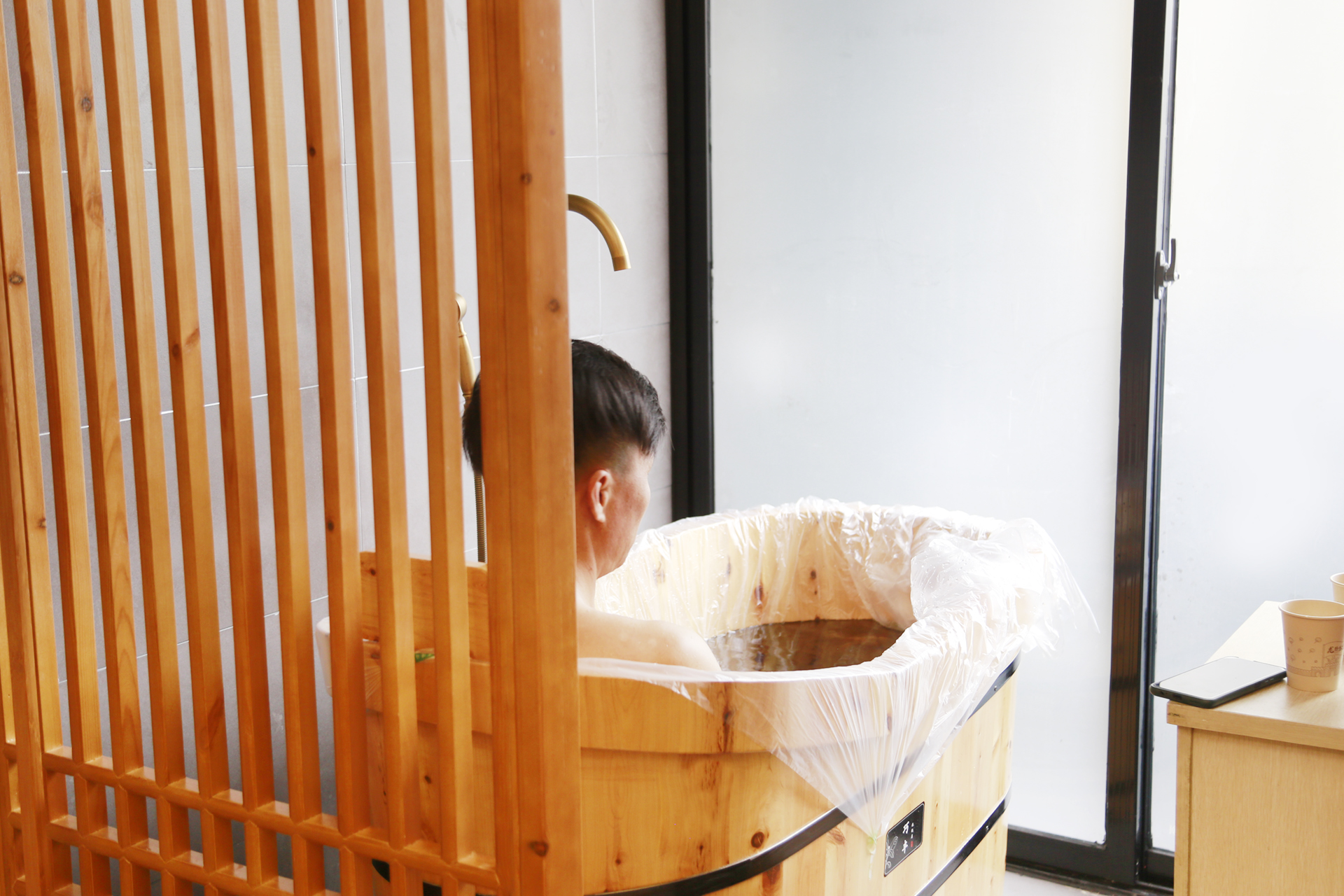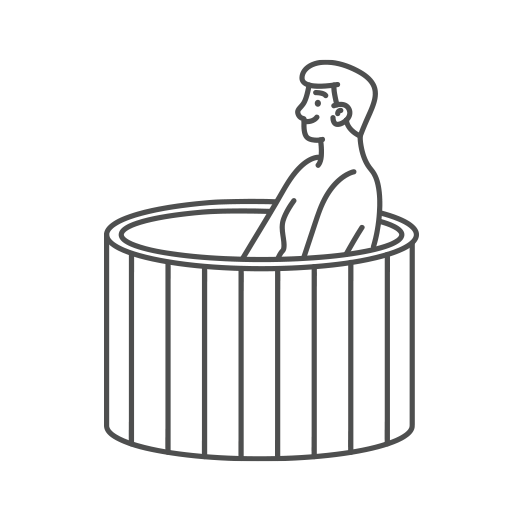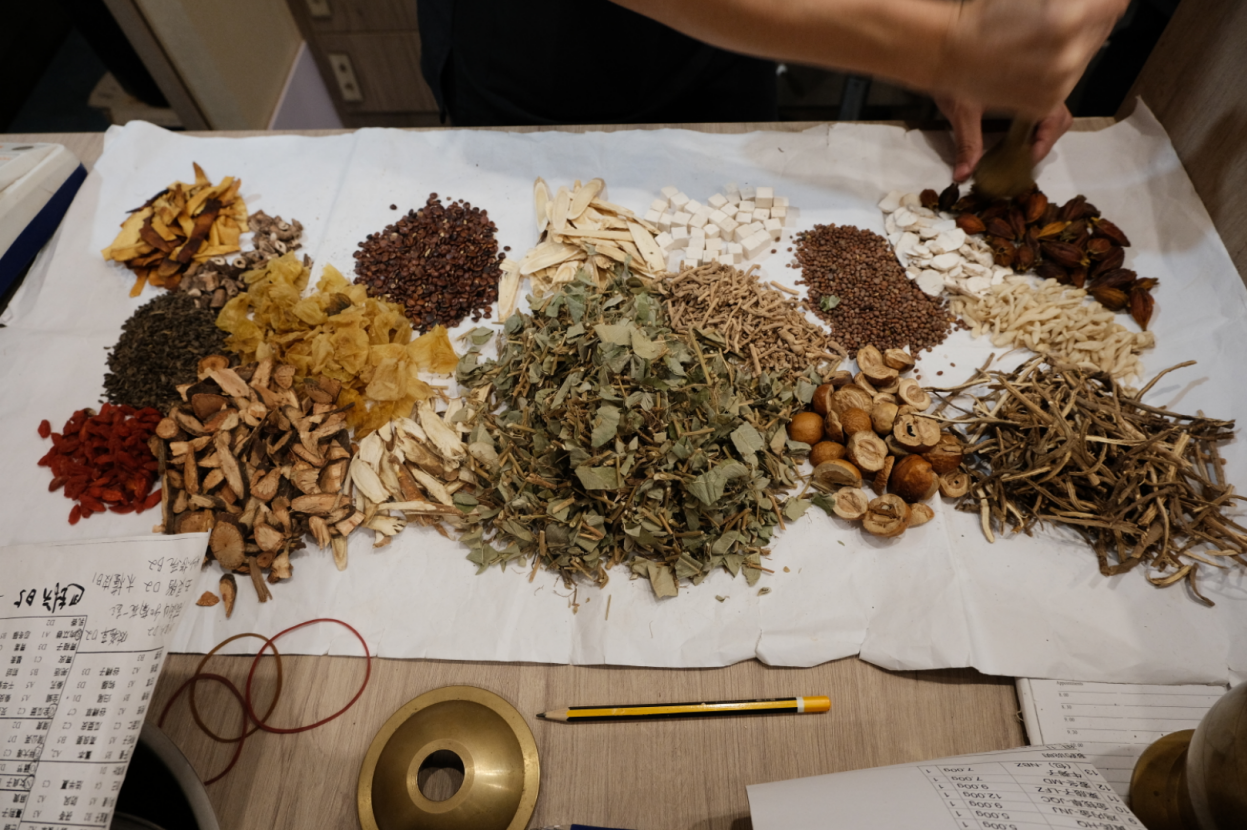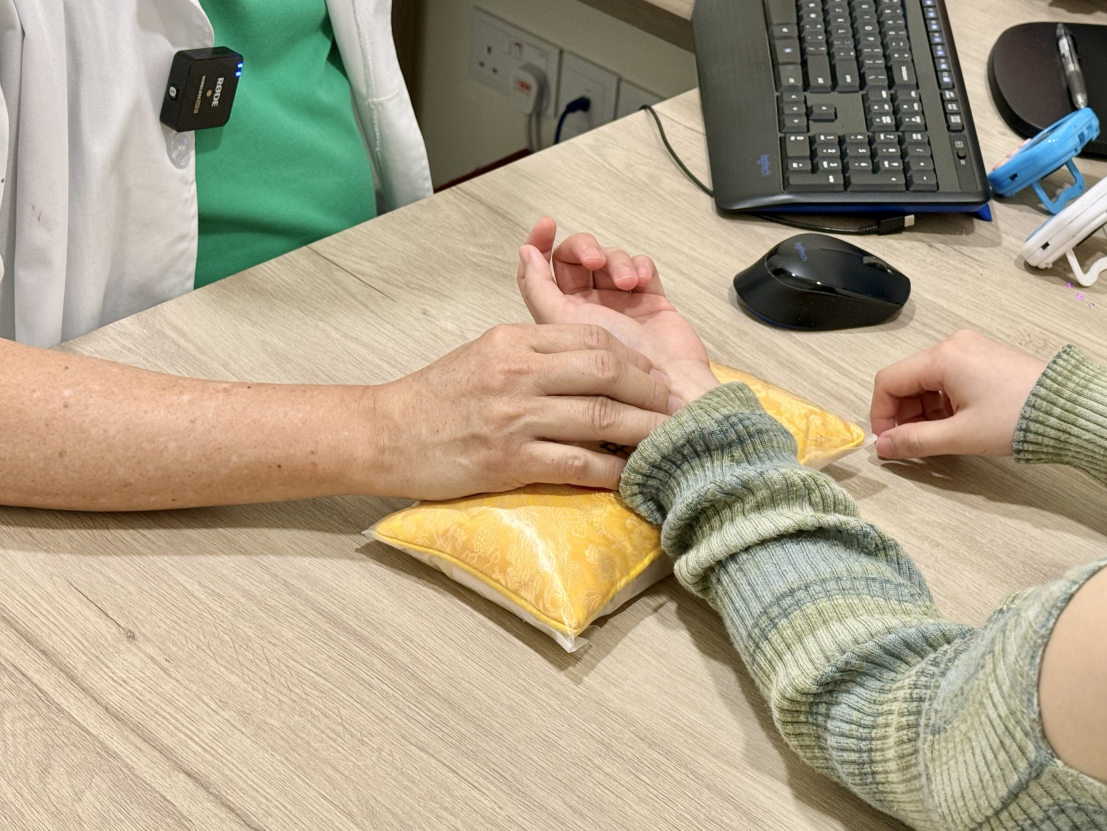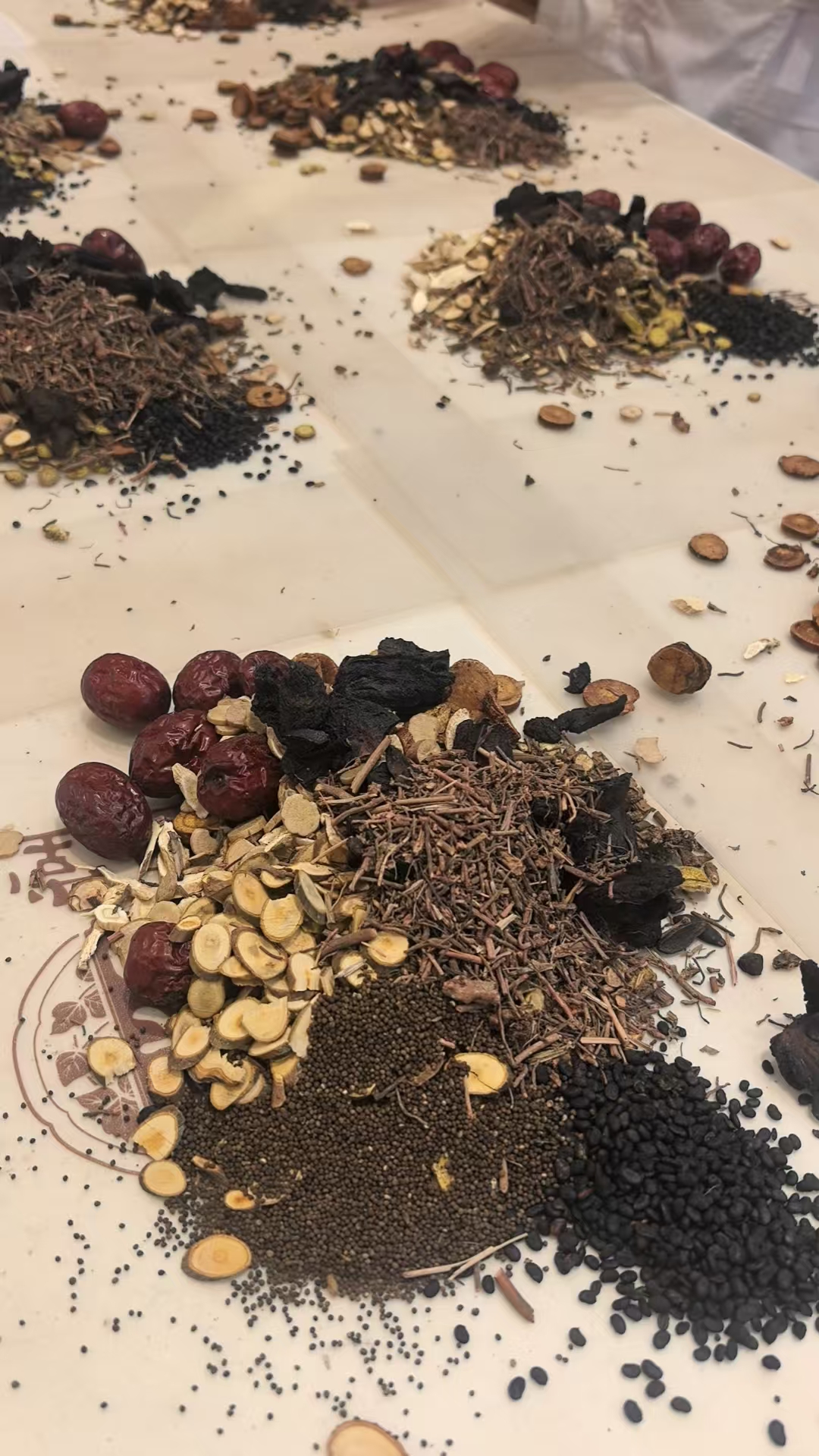Contraindications: Severe heart disease/hypertension during acute episodes Large areas of skin damage or acute inflammation Early pregnancy (especially formulas containing saffron or musk) Patients who are fasting, intoxicated, or have high fever
Avoid bathing within 1 hour after fasting or eating a full meal Cleanse the skin in advance and avoid using makeup Prepare warm salt water (to drink after bathing) and warm clothing For first-time users, control the water temperature at around 38°C and limit the time to ≤15 minutes
Duration per session: Full-body bath 15-20 minutes, partial bath (e.g., foot bath) 20-30 minutes
Optimal frequency: For general wellness, 1-2 times per week; for patients in recovery, once every other day (follow medical advice).
This may be caused by excessively high water temperature or prolonged soaking leading to over-dilation of blood vessels. Stop immediately, drink brown sugar ginger water, and lie down to rest.
Those with light menstrual flow may use warming and cold-dispelling formulas (avoiding the waist and abdomen, water temperature ≤40℃) Those with heavy flow or many blood clots should avoid blood-activating herbs (e.g., safflower, peach kernel)
Slight redness and warmth are normal medicinal reactions; if rashes or stinging occur, rinse immediately as it may indicate herbal allergy.
Children aged 3 and above can use the Spleen-Tonic Formula (10g Poria + 8g White Atractylodes + 5g Dried Tangerine Peel) with water temperature below 37℃ for no more than 10 minutes.
Herbal baths serve as an adjunct therapy that can alleviate symptoms of chronic conditions, but acute and severe illnesses (such as high fever or acute infections) require prompt medical attention.
Excessively high water temperatures (>45°C) can damage the skin barrier, thereby reducing the absorption of medicinal effects.
Scientific recommendation: Health Conditioning: 38-40°C (Promotes relaxation, suitable for sensitive skin) Cold Dispelling and Stasis Resolving: 40-42°C (Accelerates blood circulation, duration should be controlled ≤15 minutes) For Diabetics/Elderly: Strictly maintain 37-39°CImmediately stop the bath, lie flat and elevate your legs
Drink 300ml of warm saline (0.9% physiological saline is optimal)
Apply pressure to the Baihui and Neiguan acupoints for 2 minutes each
The duration of herbal baths usually varies from person to person, but generally, you can choose time slots such as before bedtime, after meals, or in the afternoon. Adjustments should be made based on individual constitution and needs. If there are conditions like skin abrasions or chronic illnesses, it is advisable to consult a doctor beforehand.

